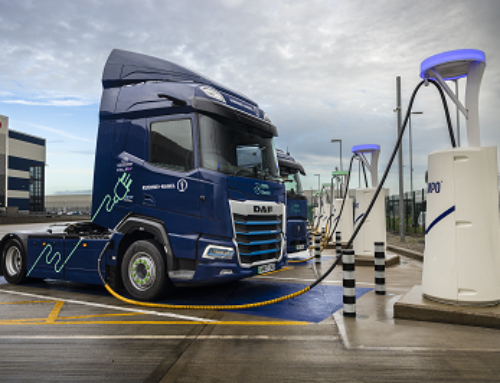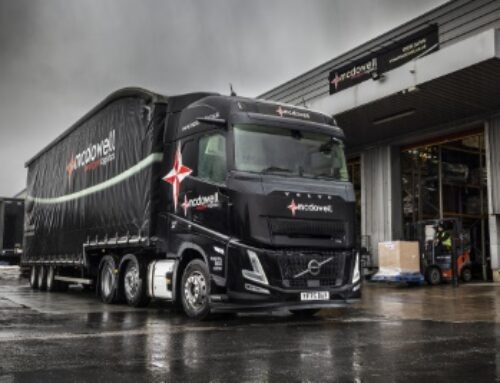IMI engineering skills shortage warning
Steve Schofield, the head of business development at The Institute of the Motor Industry (IMI), focused on a concerning future shortage of vehicle engineering talent in his recent Logistics UK Fleet Engineer conference address. The sector had recruited 12,000 apprentices per year prior to Covid, but this number was now down to 9,000.
Currently there were 226,000 people working hands on in the service, testing and maintenance of vehicles, with 168,600 of them vehicle technicians. The IMI predicted that the industry would have to fill 160,000 positions over the next 10 years just to keep pace with natural wastage.
The situation was compounded by a shortage of trainers and assessors in every sector.
“They, too, will need upskilling to cope with the introduction of zero-emission vehicles into the heavy-duty sector,” he warned.
He added that the light vehicle sector had turned a corner with zero-emissions vehicles, and the truck manufacturers were working hard, with 80 per cent of the vehicles in their training schools now being EVs.

One of the first hydrogen trucks to be purchased by a training college was on display at the Commercial Vehicle Show
In the cities, Chinese bus manufacturer BYD was driving EV training in heavy-duty vehicles, but there was currently only one hydrogen fuel cell truck in a UK training school.
The UK government was now supporting BSIflex 2072v2.0 standard for zero-emissions vehicle workshops.
“Every business needs to be ready for transition at every level,” he said, outlining that new technologies covered not just BEV and hydrogen fuel cell, but also hydrogen combustion engines.
He outlined the scale of new qualifications available for technicians working on heavy-duty battery-electric vehicles.
“Levels One and Two cover safety awareness and hazard management, with Levels Two to Four going from preparing the vehicle to maintenance and repair. There’s a similar scale for hydrogen from Levels One to Three.”
There was also a shortage of technicians who could work on vehicles equipped with Advanced Driving Assistance Systems (ADAS).
“Only two per cent of all automotive techs can do ADAS, but 12 per cent of the UK vehicle parc has ADAS installed,” he said.














